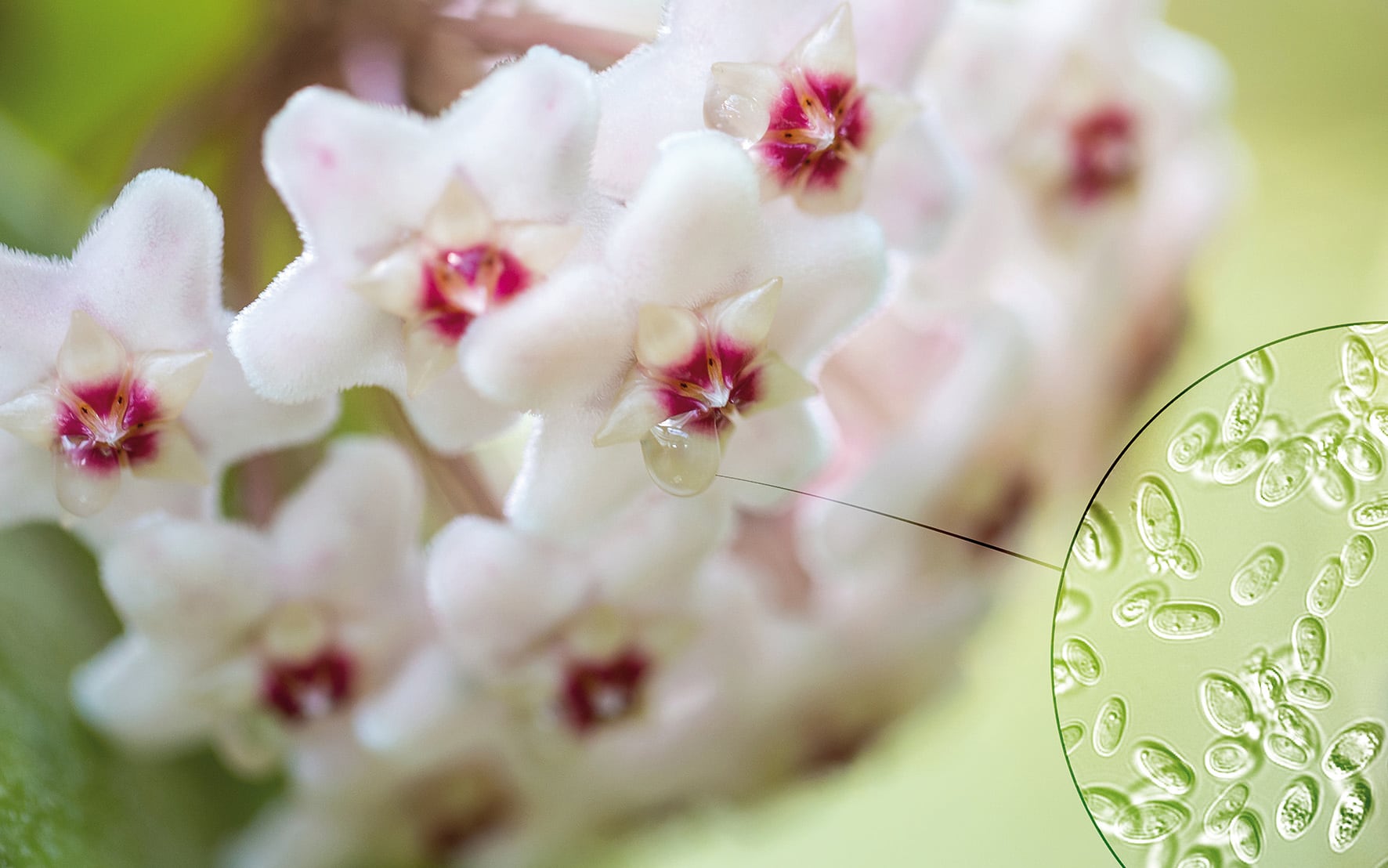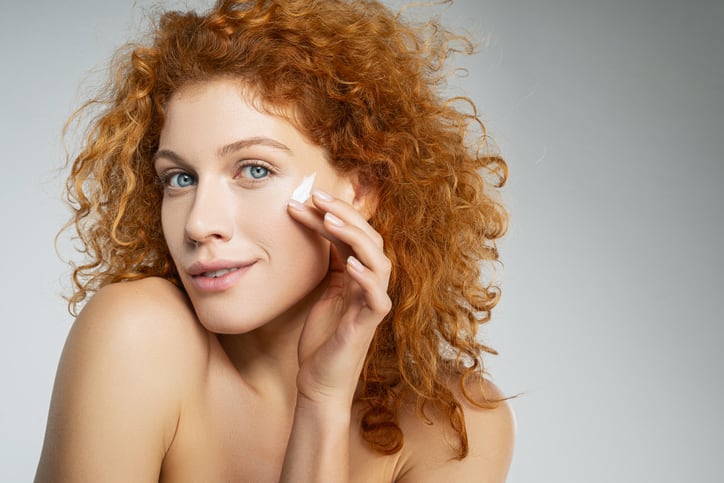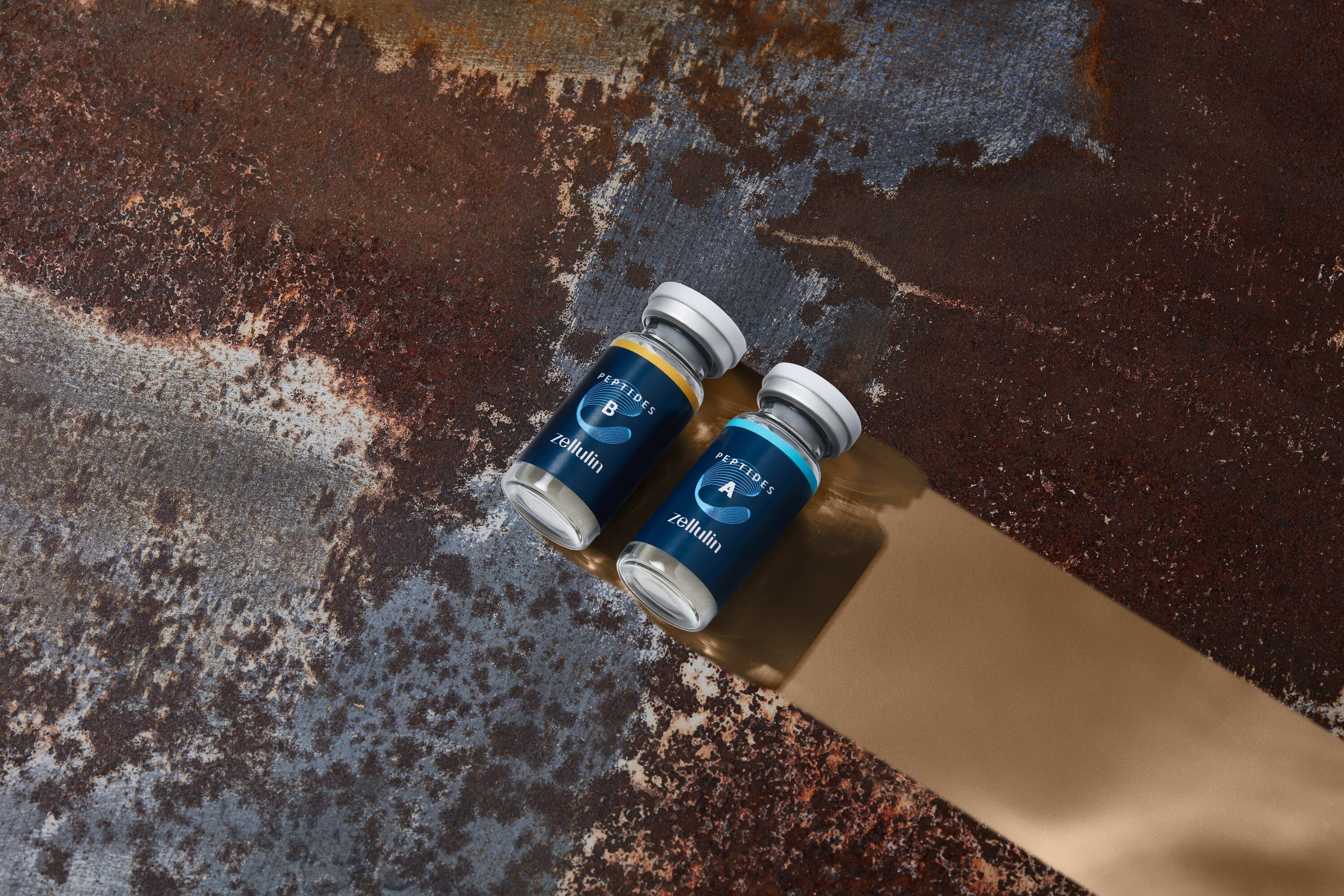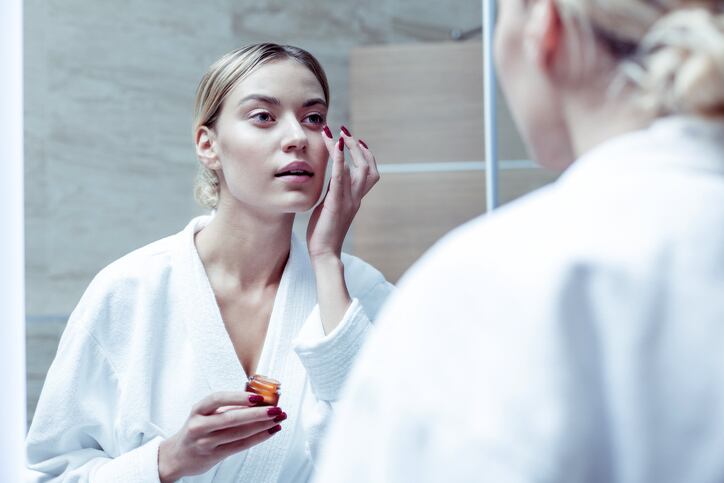Part of a wider €30m innovation investment, Silab had injected €5m into the creation of a second on-site production line for unicellular organisms – a move set to quadruple annual capacity thanks to its integrated 15,000l principal bioreactor. Production was set to start at the beginning of April.
“With this new investment, we know that we will have enough capacity for at least the next five years. It’s a capacity investment and it’s an innovation investment,” said Xavier Gaillard, deputy general manager for strategy at Silab.
“It’s not only to increase the size, it’s also to get more flexibility and more opportunities to develop new products,” Gaillard told CosmeticsDesign-Europe.
Bio-based beauty boom – biotech now represents 20% of Silab sales
The company most recently developed a postbiotic concentrate Lactobiotyl obtained via the bioguided fermentation of Lactobacillus arizonensis and an active ingredient Ecobiotys obtained from the yeast Metschnikowia reukaufii isolated from the porcelain flower Hoya carnosa. And Gaillard said Silab was now “working very hard to prepare new products” created from new molecules produced in its bioreactors.
David Boudier, scientific support manager at Silab, said there was plenty to be done in innovation terms, given how many “fascinating properties” microorganisms had like the ability to adapt metabolisms or interact with certain substrates.
“They present for us an immense potential for the development of natural, active ingredients,” Boudier said.
Microorganisms, he said, could produce some molecules that could just not be extracted from plants and, importantly, provided two usable materials – the biomass itself and the culture medium or molecules produced during cultivation. “It’s a new way for us to innovate in dermo-cosmetics,” he said.
And interest in Silab’s biobased beauty ingredients was certainly picking up, Gaillard said. “Just looking at Silab’s experience, we launched our first production line in 2015 and at this stage biotechnology already represents 20% of our sales in 2021. So, in five years’ time we came from zero to 20% of our turnover. And I think we are representative of what the market is demanding.”
Traceability and efficacy of innovative cosmetic ingredients
Asked what was most appealing for industry when it came to working with bio-based ingredients, Boudier said the fact production could be “mastered” was key.
“By mastering the cultivation, we have a guarantee regarding the quality, and also a perfect traceability. And more and more, the market of natural ingredients expects information about the traceability.”
Silab cultivated its microorganisms and developed the active cosmetic ingredients on its single site as well, he said, adding to the traceability and control aspect.
Gaillard said: “Our key value at Silab is independence. It was important for us to be self-sufficient in biotechnologies. Those two investments – in 2015 and 2021 – are part of our program to reach independence and be able to serve the market, which is showing strong demand for these types of products.”




